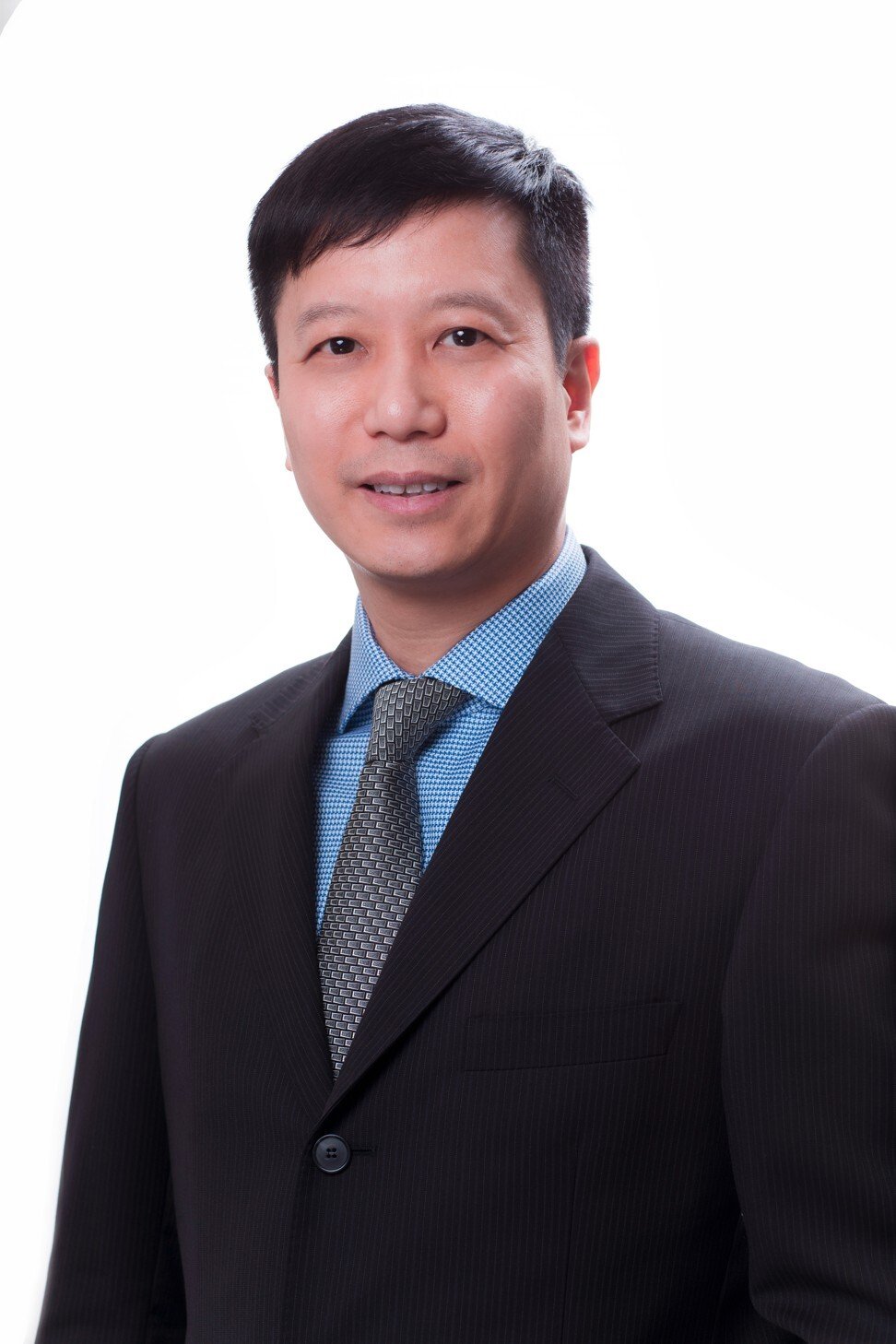
Shinzo Abe, Chadwick Boseman’s bowel diseases: what you need to know to spot, treat and prevent chronic bowel conditions like IBD
- Japanese Prime Minister Shinzo Abe’s affliction, ulcerative colitis, is a type of inflammatory bowel disease (IBD) that left untreated can be life-threatening
- There is a trend of younger patients developing colon cancer, which claimed the life of US actor Chadwick Boseman, one expert says
With Japanese Prime Minister Shinzo Abe’s sudden resignation due to ulcerative colitis, and US actor Chadwick Boseman’s untimely death of colon cancer at age 43, people are keen to understand how to spot and treat chronic bowel conditions.
“Abe stepping down because of ulcerative colitis should bring more awareness of how debilitating it can be,” said a Japanese native on Twitter who also suffers from this condition.

The results, published in the medical journal The Lancet, found that over the previous 17 years Hong Kong had on average 26 new IBD cases per million people (up from 1 per million in 1981), more than Japan’s 25 cases per million, but less than South Korea’s 78 cases per million and southern mainland Chinese city Guangzhou’s 33.
Dr Michael Cheung Ho-yin, a specialist in general surgery and director of a gastroenterology and hepatology centre in Hong Kong, suspects lifestyle factors are behind the regional trend.
The macro diet: can you count on it as a weight loss plan?
“Stress decreases one’s immunity and causes imbalance … and a lot of times it causes an abnormal response in the immune system where it attacks its own intestinal mucosa [stomach lining],” he explains. A more Westernised diet in Asia – one that’s heavy on red meat and fast-food – also contributes to bowel-related immune problems, as does a sedentary lifestyle, he says.
“Exercise alone is preventive in cancer-cell development, with people living sedentary lifestyles having a high risk of developing colon cancer,” Cheung says.
Cheung suggests seeking a specialist consultation for an endoscopic examination (colonoscopy) if bowel problems like diarrhoea, blood in stool and rectal bleeding persist for four to six weeks. Other warning signs are weight loss and tiredness.

“Ulcerative colitis can sometimes lead to perforations and fistula formations [an abnormal connection formed between internal organs], which can be devastating and life-threatening,” he adds.
Treatments aim to reduce colon or rectal inflammation. “For the initial phase of treatment, they may need anti-inflammatory agents and a new generation of treatment called biologics [that modulate the immune system rather than suppress it],” Cheung says.
Surgery is another option to remove the affected colon. In serious cases, a long segment or even the whole colon is removed.

Importantly, a lifestyle shift can keep ulcerative colitis at bay.
On the colon cancer that claimed Boseman’s life, Cheung says there is a trend of younger patients developing this disease. Research shows their prognosis tends to be poorer than that of older patients as they harbour more aggressive cancer types.
“If you experience bowel changes that linger for more than a month, see a doctor for an endoscopy examination … see a doctor early,” Cheung says.

Lifestyle shifts and medical treatments helped Nachie Matsuoka (not her real name for privacy reasons), who works at a call centre in Tokyo, manage her ulcerative colitis. “Even if you have ulcerative colitis, you can travel, go to a theme park or eat various foods by treating [your condition] and taking care of your daily life,” the 30-year-old says.
Matsuoka was diagnosed in 2004 at age 14. “I had stomach aches and visited the toilet frequently, including for diarrhoea, sometimes 10 times a day … one day I saw blood in my stool,” she says. Years of medications including immunosuppressants and steroids reduced the symptoms but had side effects, including bloating and hair loss.

When her condition flared up, Matsuoka could easily shed up to 7kg (15lb). The loss of body fluids and nutrients meant she visited hospitals regularly for anaemia and dehydration.
To “escape” a life of numerous doctor visits, she underwent surgery in 2004 that removed a long segment of her large intestine while her small intestine was used to reconstruct her digestive system. Her recovery required a temporary ileostomy – a stoma bag that carries stool.
To be watchful of colon cancer development, Matsuoka has a colonoscopy annually.
Foods that trigger a flare-up include junk food and fatty fare. So Matsuoka sticks to a wholesome food diet that is gentle on her digestive system, including lean meat and fish plus vegetables that aren’t too fibrous, including carrots, beets, asparagus tips, white potatoes without skin and string beans. She posts her home-cooked meals on Instagram to give fellow ulcerative colitis patients ideas on what to eat, such as grilled swordfish with a cucumber side dish.

The former long-distance runner rarely does sports now, and almost never takes part in group exercises. “I’m worried about locating a toilet. If I did yoga I would have to leave class [to visit the bathroom],” she says.
Don’t brush off seemingly benign symptoms like frequent diarrhoea as it could be a sign of serious illness, Matsuoka cautions.
“Early discovery [of ulcerative colitis] was necessary for my future,” she says, adding that there are treatments available that give hope that she might one day force this condition into remission.

